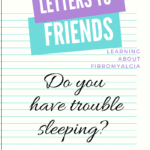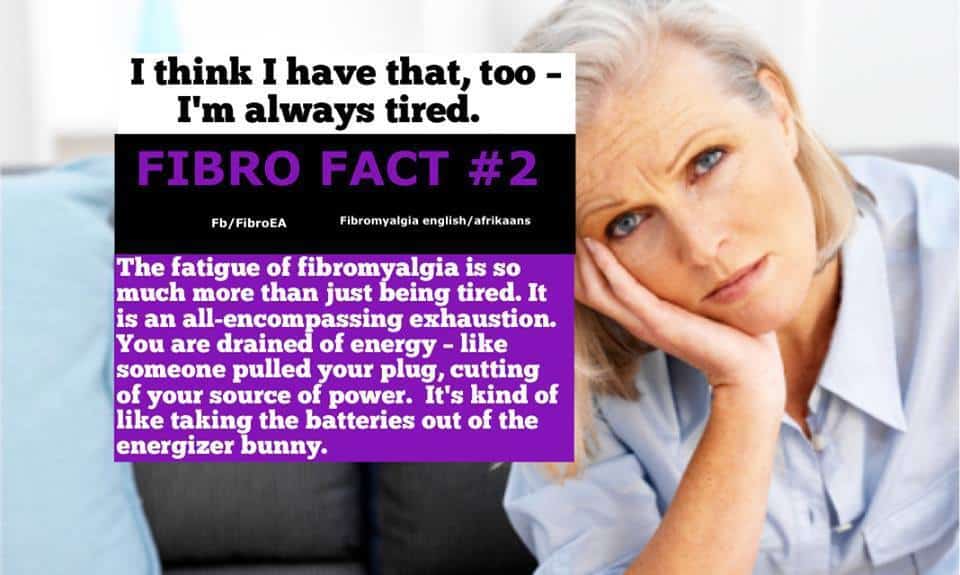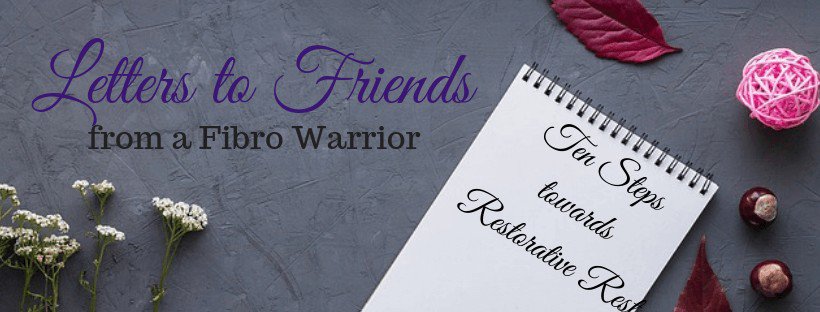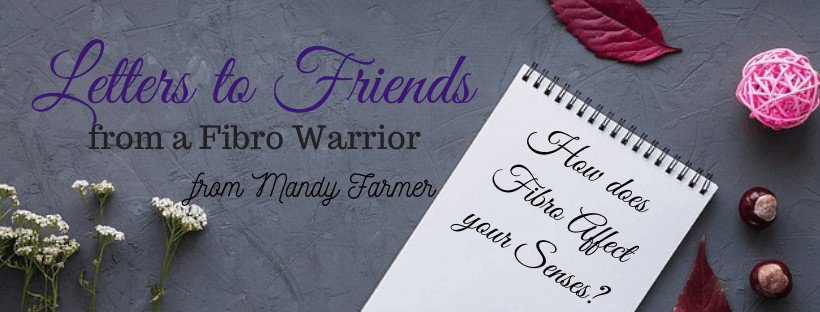You Seem Tired A Lot. How Well Are You Sleeping?

Fibromyalgia and Fatigue go hand in hand.

I struggle nearly every night just trying to get to sleep. I can sit in a chair all evening yawning and nodding off. But get into the bed, and the eyes pop wide open. This leads to my mind begins to wander and I start to think about all kinds of things that keep me awake. The next day, I can barely function.
As a matter of fact, fatigue is the second most common symptom for fibromyalgia sufferers. Many times those diagnosed with fibromyalgia will also be diagnosed with chronic fatigue syndrome.
Therefore, it is vitally important to get that restorative rest as much as you can.
As a sufferer myself, I respond along with you, “Yeah, right!”
Steps to Restorative Rest
So what can we do?

Ten Steps to a Restorative Rest. #fibro #sleep #restorativerest Share on XReminder: I am a patient, not a doctor. What I am sharing comes largely from what my doctors taught me and what I have discovered in my own searching.
I am sharing to hopefully help you be informed enough to support friends with this syndrome or possibly acquire informed questions for your doctor. Please talk with your doctor or visit the Mayo Clinic website for official information, diagnosis, and treatment.
Mandy
Find Your Daily Schedule
I shared earlier that we need to get on a daily schedule and stick with it. This is the best thing we can do. That’s not to say that it is an easy thing to do. I struggle with maintaining that schedule EVERY day.
Ten Steps that may help you get restorative rest.
- Set a time to rise in the morning; then get up at that time every day. I know about those nights when you toss and turn trying to find a position that doesn’t hurt. Then the alarm goes off and you are so weary. The first few days will be especially difficult, but it’s the first step. So trust me and try to keep this.
- Limit your caffeine: especially in the evenings. For many of us, caffeine is a stimulant that will keep us awake for hours causing that restlessness at night.
- No naps. When I heard this one, I about freaked. I was depending on those naps to help me through the day. The problem is that those little naps end up hours long which gives you too much refreshment. Then you’re not tired at bedtime. If you avoid napping, even when you are tired, you will find that you don’t have as much difficulty getting to sleep at bedtime. So try to stay up. If you need a nap, keep it less than 30 minutes and try napping somewhere besides in your bed (the recliner, maybe)
- Set a firm bedtime. You need 7-8 hours of sleep, so do the math backward from the time you want to rise. (ie. to rise at 7 am, go to bed at 11 pm)
- Set an alarm for one hour before bedtime. When the alarm goes off, it is “Shut-down Time”. This hour is for winding down and getting quiet. Set your lamps to low lighting. Turn off electronic devices (YES. Turn off your TV and quit checking your e-mail and Facebook), do some stretches, bathe, pray/meditate, journal. These types of things will help you relax. Journaling is good, as it will give you a chance to think about what you need to do tomorrow. Write it down so you are not worrying about it all night.
- Turn on some relaxing music or nature sounds. There are many CDs available. You can download it from the internet or purchase a CD.
- Create a good atmosphere in your bedroom. Your room should be dark and cool but have warm blankets. I read recently about how weighted blankets help those with anxiety. This might be helpful for us fibro friends. A heavy blanket has always seemed to be helpful to me.
- Comfortable bedclothes or none at all. Pajamas can be constricting and uncomfortable. Even small wrinkles can be painful for some of us.
- eh um … Sexual intercourse can be very relaxing. Your pain levels may not allow this activity but it might be worth a try. 🙂 If you can get past the initial pain, sexual intercourse actually produces pain-relieving hormones. I wrote here about How to Push Past Pain to Produce Passion.
- Sleep Aids or Supplements. I’m not big on these, especially without the guidance of a doctor, but I thought I would mention them. Some like the melt in your mouth melatonin. (My doctor says take no more the 5 mg.) It’s gentle, natural, helps you relax, and doesn’t leave you so groggy in the morning as many sleep aids do. You can get it in several dosages. There are essential oils that are helpful, too. They can be sprayed or diffused into the air. Check out this “DIY – Sweet Dreams” essential oil cream.
- If you awaken in the night repeat any of the “winding down techniques” mentioned above.
Well, there’s a start for you. I hope that something here will help you get on a routine of good sleep. It will probably take more than a day or two to see the results, but give it a chance.
Anyone, have any other suggestions?
Feeling Your Pain and Restlessness;

P.S. Sometimes, all we need is to be a bit more activity during the day. This is hard for us, Fibro Warriors; however, I found this online program that helps me move a bit more even if just from a chair. And I just do what I can and not worry about keeping up which is just what she encourages us to do. There are even a few free courses, like this jumpstart.


Pastor’s Wife (retired) & Chronic Pain Warrior blogs about how to make it through anything by relating her own life experiences to her writing. She is passionate about her love for the Lord and desires to spread that passion to others. She has a great desire to encourage women who are following behind her.





I suffer too from an inability to sleep. Thanks for sharing your tips on the #LMMLinkup this past week.
It’s basic stuff but sometimes we need reminders. 🙂
Thank you for your tips xx Sleep still can be an issue now and you are right if you have ‘one of those nights’ the next day is very challenging, I find lack of sleep will affect fibro fog more than anything else xx Have a lovely day.
you are soooo right. I had one of those nights last night. Thankfully, I never expect to get much done on Mondays. 🙂